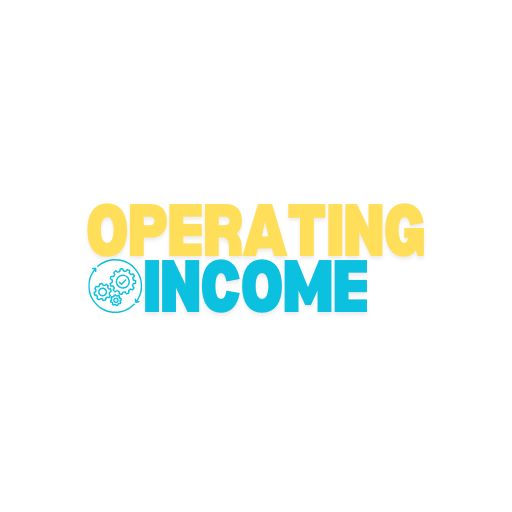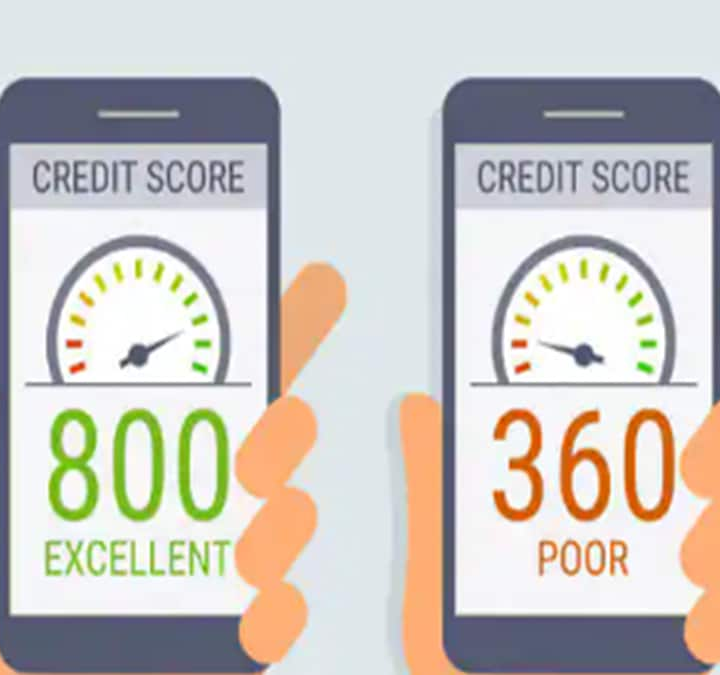Last Updated:
A credit score is a three-digit number that represents your creditworthiness, reflecting the likelihood of timely debt repayment.
A higher credit score indicates better financial discipline, making you an attractive candidate for loans, credit cards, and other financial products. (Representative image)
As the new year begins, it’s the perfect time to take stock of your financial health, with a sharp focus on credit scores—a critical factor in determining your financial credibility and access to loans, credit cards, and other financial products in India. Your credit score isn’t just a number; it’s a reflection of how you manage debt and a key influencer of your financial future. By revisiting your 2024 credit habits, you can better understand your credit standing and take proactive steps to strengthen it in 2025.
What is a Credit Score?
A credit score is a three-digit number that represents your creditworthiness, reflecting the likelihood of timely debt repayment. It offers insight into your financial behavior and ability to manage credit responsibly. “A strong credit score demonstrates reliability and trustworthiness, unlocking opportunities such as loans, credit cards, and favourable interest rates, said Sachin Seth, Regional Managing Director, India and South Asia, CRIF.
A credit score, typically ranging from 300 to 900, reflects your creditworthiness. It is generated by credit bureaus like CIBIL (TransUnion), Experian, Equifax, and CRIF High Mark based on your financial history. A score above 750 is considered excellent and significantly boosts your chances of loan approval.
Why Is Credit Score Important?
Seth pointed out, “Lenders and financial institutions use this score to evaluate the risk of extending credit. A high score signifies responsible credit management and repayment reliability, positioning you as a preferred borrower. Conversely, a lower score may indicate difficulties in managing credit, potentially limiting the types and terms of credit available.”
Seth added that maintaining a healthy credit score is crucial for enhancing financial credibility and expanding access to advantageous financial opportunities.
Benefits of a Good Credit Score
A good credit score can significantly enhance your financial opportunities. Seth has suggested some key benefits that can help you make smarter financial decisions:
- Access To Better Interest Rates: Lenders often offer lower interest rates to individuals with high credit scores
- Easier Approval For Loans and Credit Cards: A high credit score increases the likelihood of getting approved for loans and credit cards, helping you access the funds you need
- Increased Negotiating Power: When your credit score is high, you have more leverage to negotiate better loan terms
- Higher Credit Limits: A high credit score reflects responsible credit behaviour, potentially granting you higher credit limits and increased financial flexibility
Steps to Improve Your Credit Score
- Regularly Review Your Credit Report: Monitoring your credit report frequently allows you to spot any discrepancies early, helping you take corrective action promptly and safeguard your credit score.
- Pay Your EMIs on Time: Timely repayment of all credit obligations is vital for maintaining and enhancing your credit score.
- Evaluate Your Debt Patterns: Assess your debt levels and spending habits. Understanding your income and expenses will help you create a better repayment plan and work towards improving your credit score.
- Diversify Your Credit Mix: Maintain a balanced mix of secured and unsecured credit to demonstrate responsible borrowing behavior, which can positively impact your credit score.
- Minimise New Hard Inquiries: Avoid frequent credit applications, as each hard inquiry temporarily lowers your score. Hard inquiries occur when lenders review your credit during the application process.
Key Tips for Beginners
- Start Small: Use a credit card or small loan to build credit history.
- Opt for Secured Credit Cards: If you’re new to credit, apply for secured credit cards against fixed deposits.
- Set Auto-Payment Reminders: Automate your EMIs and credit card payments to avoid missed payments.
By maintaining financial discipline and understanding your credit score, you can not only access better financial products but also save money in the long run.





